SUMMARY
This is AI generated summarization, which may have errors. For context, always refer to the full article.
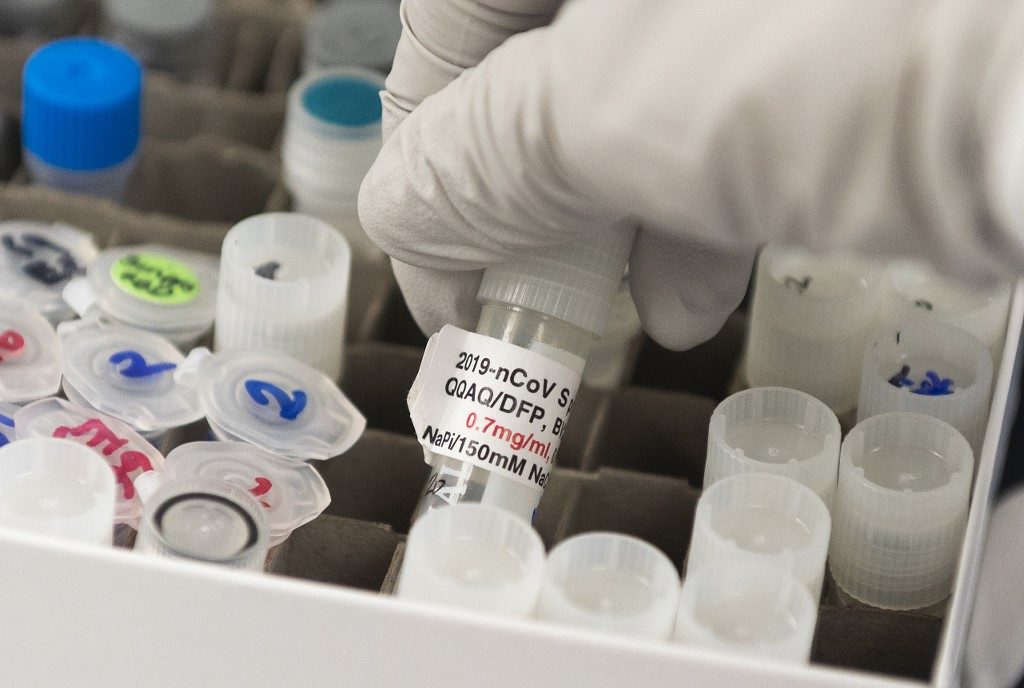
The World Health Organization said Friday, September 4, it did not expect widespread immunization against the novel coronavirus until mid-2021, despite growing expectations in the US and beyond that a vaccine could be released within weeks.
Across the world, governments are hoping to announce a vaccine as soon as possible and roll out treatments for COVID-19, which has killed nearly 870,000 people and infected well over 26 million.
The UN health agency welcomed the fact that a “considerable number” of vaccine candidates had entered final stage Phase III trials, which typically involve tens of thousands of people.
“We know of at least 6 to 9 that have got quite a long way with the research already,” WHO spokeswoman Margaret Harris told reporters in Geneva.
However, she stressed, “in terms of realistic timelines, we are really not expecting to see widespread vaccination until the middle of next year.”
Under normal procedures, test administrators must wait for months or years to verify that vaccine candidates are safe and efficacious.
But as the pandemic continues to take a devastating toll, there has been massive pressure to roll out a vaccine quickly.
It was revealed this week that Washington has urged US states to get ready for a potential coronavirus vaccine rollout by November 1, sparking concerns President Donald Trump’s administration is rushing to begin distributing a vaccine before the November 3 elections.
The US Food and Drug Administration has also raised the possibility that a vaccine might be given emergency authorization before the end of trials.
The FDA has faced allegations from the medical community, which it has denied, that it is bowing to political pressure from Trump, who is trailing Democratic challenger Joe Biden in the polls.
No cutting corners
The worry is that, for emergency use approval, the bar for ruling a vaccine safe and effective is lower than that for normal full approvals.
Several pharmaceutical company executives stressed Thursday, September 3, the importance of sticking to high testing norms, vowing not to cut corners on safety and efficacy standards, even as they race to bring coronavirus vaccines and treatments to market.
“The good news is the manufacturers are already putting bets on which one is likely to be the vaccine,” Harris said.
Many were “already working out how they can scale up production of vaccines once we know which one are the ones we will roll out,” she said.
According to the WHO, 34 vaccine candidates worldwide are currently in the various phases of being tested on humans, while a further 142 are in pre-clinical evaluation.
Soumya Swaminathan, the WHO’s chief scientist, told reporters earlier this week that the UN agency was working with experts around the world, including at the FDA, to clarify the criteria for declaring a vaccine candidates safe and efficacious.
“We’d like to see a vaccine with at least 50% efficacy, preferably higher,” she said. – Rappler.com
Add a comment
How does this make you feel?

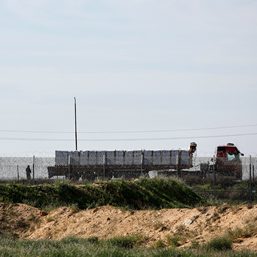
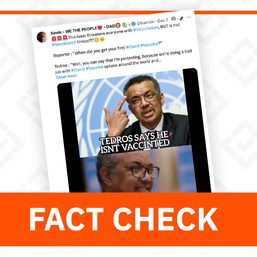
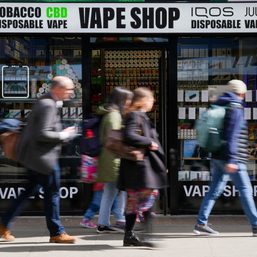
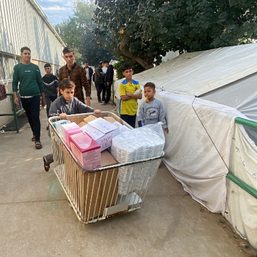
There are no comments yet. Add your comment to start the conversation.